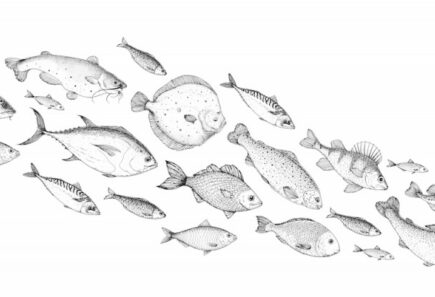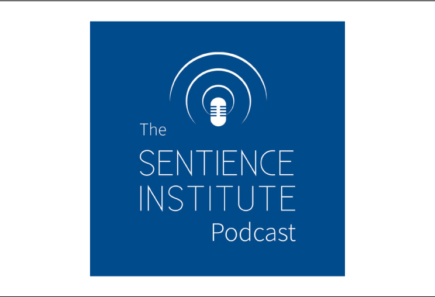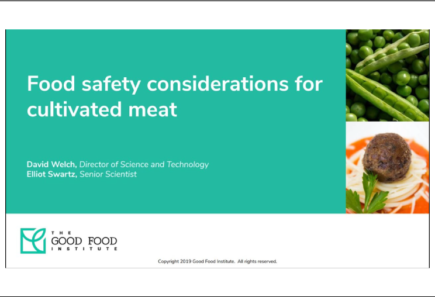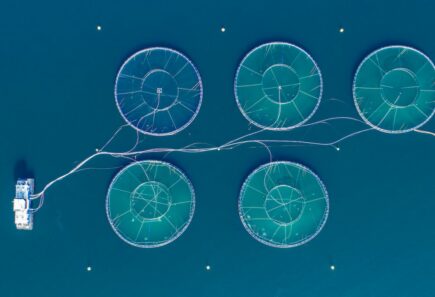
Dietary change may help us avert future pandemics
GFI's Bruce Friedrich spells out that among the many steps we could take to lower the risk of the next pandemic, perhaps the most effective would be to stop farming animals for meat.

GFI's Bruce Friedrich spells out that among the many steps we could take to lower the risk of the next pandemic, perhaps the most effective would be to stop farming animals for meat.

There's a lot of research on the cellular and molecular components needed to match conventional seafood's taste, texture, and aroma. We've put together a resource to help alternative seafood researchers and companies navigate it.
GFI’s comment requests that NIFA support research into alternative proteins. Learn why supporting alternative proteins will be beneficial to consumers and the American economy.
GFI’s comment requests that the Committee work to establish an interagency Alternative Protein Initiative. Learn why doing so would support rural America.

Jamie Harris of the Sentience Institute speaks with Dr. Elliot Swartz about the science of plant-based and cultivated meat, technical barriers to scaling, and professional opportunities in alternative proteins.

In this webinar, recorded in June 2020, GFIers David Welch and Elliot Swartz discuss food safety considerations for cultivated meat.

Public investment in alternative seafood has the potential to make America a leader in seafood production with vast positive impacts for the economy, workers, human health, and ocean sustainability.

Alternative proteins can enhance food security. But, to integrate them into our food supply, we need public investment in alternative protein research and development.

Seafood is difficult to make without animals, notes GFI's Jen Lamy. But some companies are betting on new technologies and customers to overcome the challenges.

GFI’s Dr. Elliot Swartz writes about the geographical spread of cultivated meat companies, the funding landscape, and commercialization challenges.